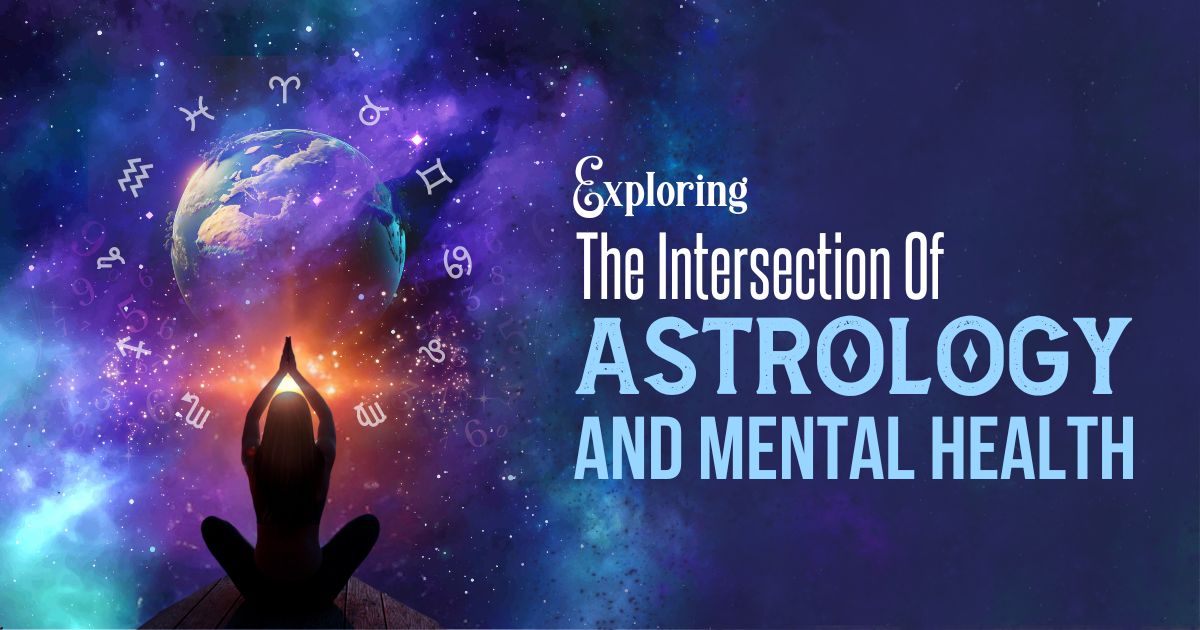Presented at the International Conference on Migration, University College London conducted recent research to bring to light the depressing mental health consequences for asylum seekers who pass through rigorous asylum process in UK and some European Union countries.
The forthcoming study explicates the profound psychological burden caused by the hostile environment brought about by extant asylum policies.
Furthermore, it looks into how pre-existing mental health conditions are worsened as a result of the anguish that comes with waiting for decision on their applications.
Asylum Processes Impacting Mental Health
Of academic publications involved in seeking asylum in UK and EU, this comprehensive research was built upon systematic review of them all.
It found that the process of claiming asylum had a significant effect on applicants’ mental well-being.
Forty-five academic papers were analyzed to highlight themes occurring among asylum seekers and identify overall patterns within different data sets.
Hostile Environments and Psychological Distress
The title “hostile environment” recurred throughout all forty-five papers. This included systemic intimidation, lack of feedback on status of application and negative interactions with authorities.
There were further subthemes such as ‘dehumanization’ which referred to ill-treatment where they lost their dignity.
Additionally, under ‘eradication of autonomy and agency’; it is shown how they were made powerless over their fates involving implications such as constant relocations plus detention threats.
Also, under this theme was “fear facilitated by ambiguity,” which described how complicated systems and poor communication left refugees struggling with understanding their rights or legal status.
Stalemate And Mental Health Impact
On the other hand, stalemate was another important theme present in most of these studies.
For instance, there were subthemes like ‘eliminating meaning’ where people could not engage in purposeful activities leading skills erosion alongside loss of confidence.
Another one referred to ‘alienation from society,’ which meant physical isolation and emotional detachment due to restrictive policies.
‘Frozen in time’ referred to the annoyance of lengthy waiting periods and uncertainties caused as a result of policies.
Psychological Distress and Its Consequences
This finding was reported by all the 45 studies in relation to asylum process and mental health.
This is inclusive of feelings like anxiety, depression, humiliation, as well as suicidal thoughts, insomnia, trauma and identity loss among others.
The themes were grouped under four main ones: cumulative psychological distress, worsening pre-existing mental health conditions; effects on identity; long-term psychological effects.
Protective Factors Amid Distress
The research also identified supportive measures that help asylum seekers deal with their distress.
They emphasized on external factors such as friendship, family support, non-governmental organization (NGO) assistance or medical aid together with taking part in exercises that are either educational or volunteerism.
There are also several internal protective factors which include imagination ability, comparing them with previous difficulties, staying at present moment, religious views, and philosophical outlooks in life.
Limitations
However, these researchers conceded that there were weaknesses such as researcher bias due to background of the researchers involved and lack of demographic information within the reviewed articles.
A focus on participants during the asylum process itself ignored post-determination experiences including homelessness post-asylum.
To sum up is this qualitative synthesis that points out how detrimental asylum procedures can be for mental health through hostile environments, procedural ambiguities and prolonging their uncertainties.
These devastating experiences disclosed by refugees call for new policies focusing on their mental wellbeing and dignity while seeking asylum.
Broader Context and Implications
Previous studies have shown that living conditions in asylum camps are not good and refugees are prone to mental health problems such as psychosis.
Poor mental health outcomes associated with negative experiences while seeking refuge is another evidence of the need for an integrated approach to address the well-being of this group.
The results from this study require swift action by policy makers demanding reformation of asylum processes and enough mental health care for decreased anxiety among immigrants who seek asylum.




























